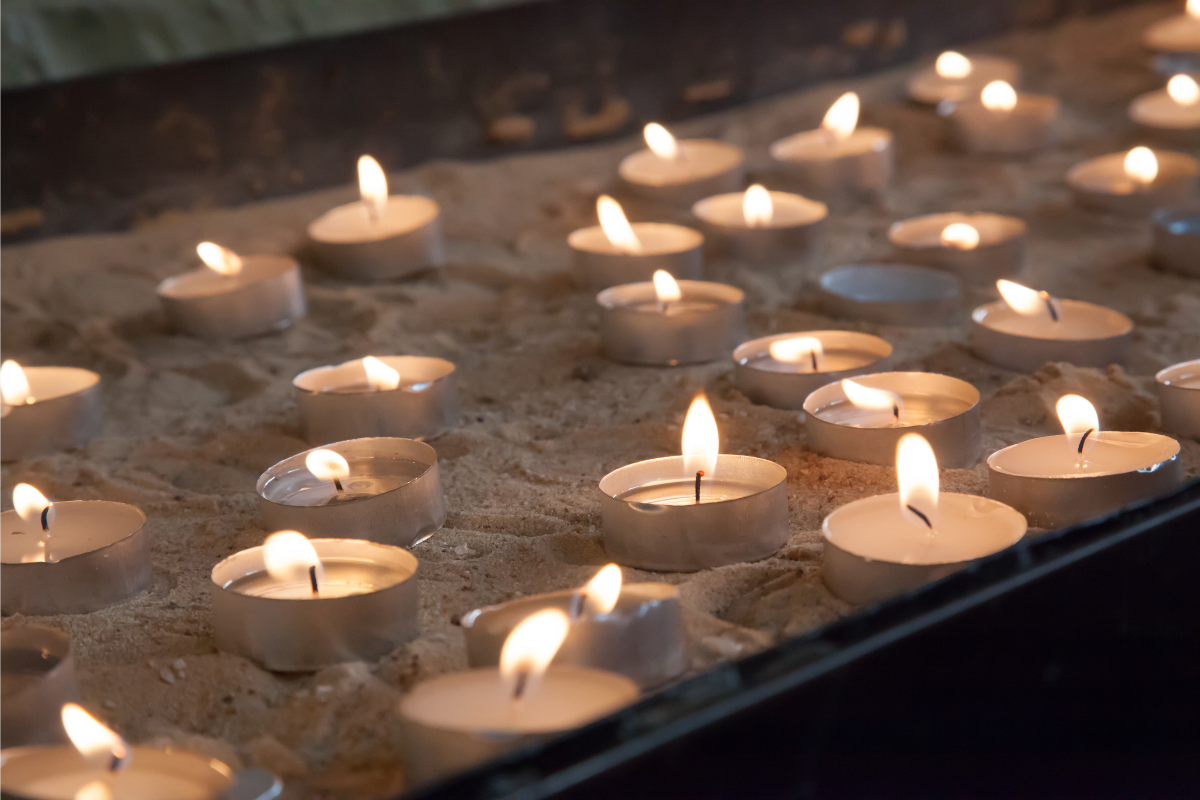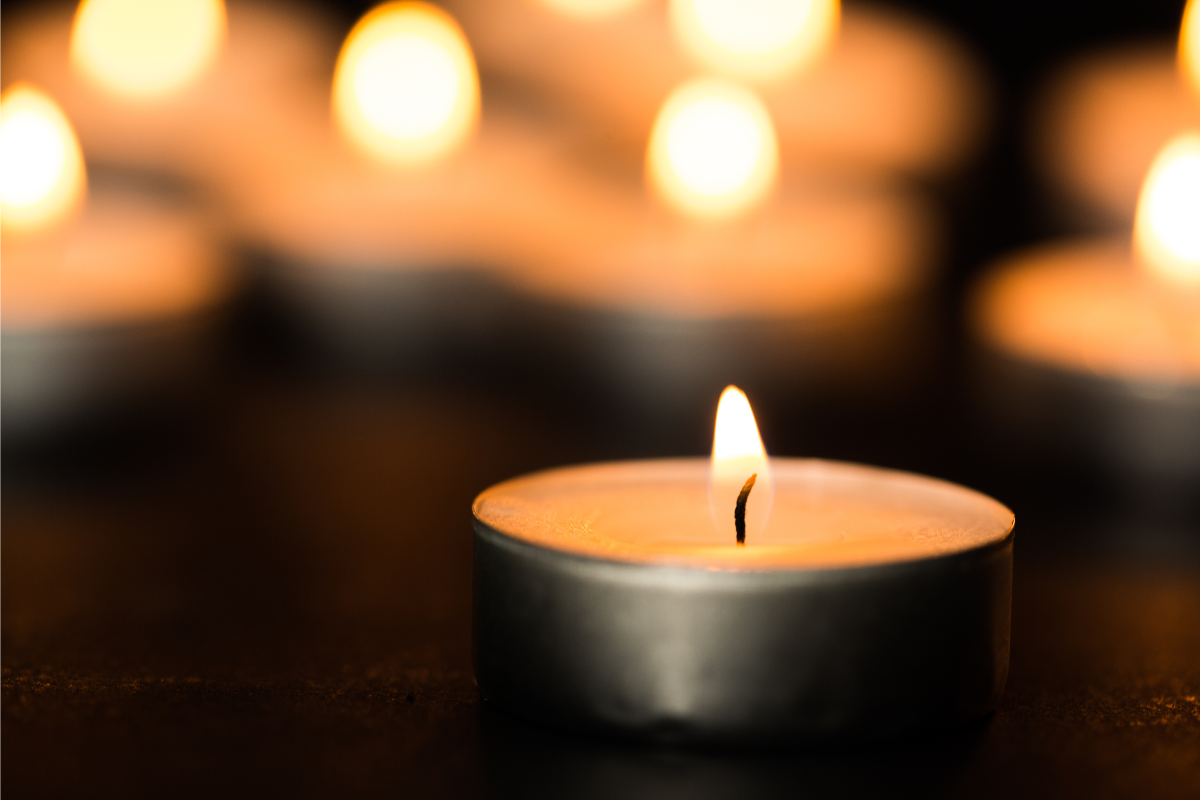Post Disclaimer: This blog reflects the author's personal experience with end-of-life matters and is provided in good faith for informational purposes only. While we aim to provide clear guidance on hard-to-find topics, this content is not legal advice and your use is at your own risk. Estate planning and end-of-life laws vary by location, so please consult your state's laws and seek guidance from a licensed attorney for your specific situation. We make no warranty about the accuracy or completeness of this information, which does not replace professional legal counsel. For more information, please see our full disclaimer.
When faced with the loss of a loved one, deciding between a funeral or memorial service is one of the most significant decisions families must make.
This choice between a funeral or memorial service, while challenging during an emotional time, plays a crucial role in honoring the deceased's memory and providing comfort to those left behind.
Understanding the distinct characteristics of each funeral or memorial service option can help families make an informed decision that aligns with their loved one's wishes and values.
Would you like me to revise any other sections of the text to incorporate these keywords?

Understanding the Differences: Funeral Service vs Memorial Service
The fundamental distinction between these services lies in their timing, format, and the presence of the deceased's remains.
Each option offers unique ways to commemorate a life while providing support for grieving family and friends.
Traditional Funeral Services
A funeral service is a formal ceremony characterized by the presence of the deceased's body, typically in a casket.
These services often follow established cultural or religious protocols and usually occur within a few days after death.
Traditional funerals commonly include:
- A viewing or wake period where mourners can pay their final respects
- Religious or cultural rituals specific to the deceased's beliefs
- Formal eulogies and readings
- A procession to the burial site
- Graveside services for final farewell
The immediate nature of funeral services can provide a sense of closure for many families, allowing them to begin the grieving process with strong community support.
Memorial Services
Memorial services offer more flexibility in both timing and format, as they occur without the presence of the deceased's body.
These services can be held weeks or even months after death, allowing for:
- More time for family members to travel and gather
- Thoughtful planning of meaningful tributes
- Creative venue selection beyond traditional funeral homes
- Greater focus on celebrating the person's life and legacy
- Incorporation of personal elements that might not fit in a traditional funeral

The Rise of Celebration of Life Events
In recent years, many families have embraced the concept of a celebration of life, which represents a significant shift from traditional mourning practices.
These events focus on joy and remembrance rather than loss and grief.
Characteristics of a Celebration of Life
These gatherings often feature:
- Stories and anecdotes that capture the deceased's personality
- Favorite music, foods, and activities
- Photo displays and memory tables
- Interactive elements where guests can share memories
- Less formal attire and atmosphere
- Personal touches that reflect the deceased's hobbies and interests
Planning Considerations
When organizing any type of memorial event, several factors deserve careful consideration:
Budget Considerations
Financial aspects often influence the choice between service types.
Traditional funerals typically involve:
- Embalming costs
- Casket purchase
- Burial plot expenses
- Funeral home services
- Transportation arrangements
Memorial services or celebrations of life generally cost less, focusing resources on:
- Venue rental
- Catering
- Memorial displays
- Video tributes
- Commemorative items
Cultural and Religious Factors
Religious beliefs and cultural traditions often play a crucial role in deciding between a funeral or memorial service during this process.
Consider:
- Required religious rituals or ceremonies
- Cultural expectations from extended family
- Traditional mourning periods
- Community customs and practices
- Religious restrictions or requirements
Timing and Location
The timing of the service affects both planning and attendance:
- Immediate family availability
- Travel requirements for distant relatives
- Season and weather considerations
- Venue accessibility
- Local regulations and requirements

Making an Informed Decision About a Funeral or Memorial Service
To make the best choice for your situation, consider these key questions:
- What would the deceased have wanted?
- What can the family reasonably manage emotionally and financially?
- How can you best accommodate family members and close friends?
- What type of service would provide the most meaningful tribute?
- Are there religious or cultural requirements to consider?

Creating a Meaningful Tribute
Regardless of the type of service chosen, funeral or memorial service, certain elements can enhance its significance:
- Personal touches that reflect the deceased's character
- Opportunities for attendees to share memories
- Meaningful music or readings
- Visual displays of photographs and mementos
- Take-home remembrances for guests

Wrap-up: Funeral or Memorial Service
Selecting and planning a funeral service, memorial service, or celebration of life is a deeply personal undertaking that should reflect both the deceased's wishes and the needs of their loved ones.
While traditional funerals provide structure and immediate closure, memorial services and celebrations of life offer flexibility and opportunities for more personalized tributes.
The most important aspect is creating a meaningful opportunity for family and friends to gather, remember, and begin their healing journey together.
Remember that there is no "right" or "wrong" choice – the best decision is one that provides comfort to the bereaved while honoring the memory of their loved one in a way that feels authentic and meaningful.
Whether formal or casual, immediate or delayed, each type of service can provide a fitting tribute to a life well-lived, and the legacy left behind.
Check out the Up & Doing glossary page for an alphabetical listing of key terms related to estate administration, funeral planning, and other end-of-life topics.




